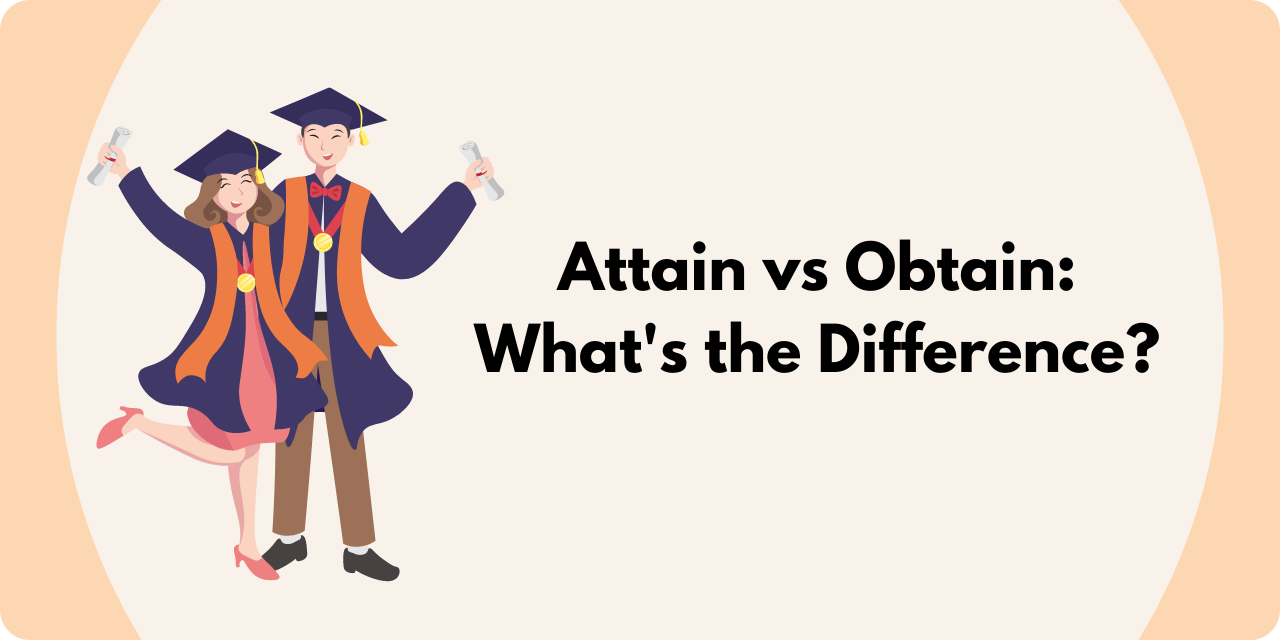- “Disinterested” means that while interest in the subject is a possibility, currently, there is none.
- When someone has no interest in the subject matter at all, they are “uninterested.”
Often, you will see two words used interchangeably within text or speech: disinterested and uninterested.
While they do share a lot of similarities, not least of which is in the appearance of the words themselves, there is a subtle difference in their meanings.
Although it is unlikely that anyone will call you out for using these words as synonyms, if you genuinely want to be the grammar wizard on the block, read on to learn precisely how you can differentiate these two different words.
Providing a Quick Fix with Prefixes
The root word in both cases is the same – “interest.” This word by itself means that some entity is curious about a topic or activity, cares about it, or wants to learn more.
Each of our words relates to a willingness to be involved with or pay attention to a subject, but different prefixes are responsible for the nuanced difference in word meanings.
Dis – While this prefix can have meanings of strong negation, the meaning that comes into play in this particular situation is “an absence of.” In other words, someone that is disinterested is experiencing a lack of interest.
Un – In simple terms, this prefix means “not.” Therefore, this person is not interested rather than experiencing a lack of interest.
Huh? What’s the Difference Between Having a Lack of Interest and Being Not Interested?
The subtlety of difference here is why people do not understand when to use one over the other. After all, lacking interest and having no interest seem like the same concept!
Here is the difference:
Someone lacking interest, ergo disinterested, has no reason to be interested. Due to this, the current state of disinterest is due to the topic having no relation to their present circumstances. If that circumstance changes, they may develop an interest in the matter.
To put it into a more straightforward concept – disinterested implies a more flexible lack of interest or apathy. As there is no particular reason for interest, there is none. However, it is not due to any specific negative connotation.
On the other hand, someone who is uninterested in a topic is less likely to change their minds and develop an interest. This is probably due to previous experience with the issue, a dislike of the subject, or some other stronger emotion.
Disinterest is more closely related to indifference, whereas uninterest implies a specific reason why the individual has no interest.
Let’s take a look at a few examples to illustrate the difference.
The dog lay panting, disinterested when the boy threw the stick again.
Through sentence context, a few possibilities present themselves here.
The dog’s panting implies that it is hot or tired, so at this moment, it has no interest in running around in the hot sun chasing a stick. However, when rested, it may indeed be interested in playing a game of fetch.
Perhaps the dog has been playing fetch and, as a result, is fatigued. Exhausted from this particular game, the dog is no longer interested when the boy throws the stick another time. It doesn’t mean the canine is uninterested in the game itself, just that it is not attractive at the moment because the game has proven tiring.
The man sipped at his drink, disinterested in the football game on the television.
The use of “disinterested” implies that the man is not ignoring the game because he doesn’t enjoy football, but rather that other circumstances cause him not to care about this particular game.
Perhaps he has a lot on his mind right now, and the game is just on as a form of white noise. Maybe he does not particularly care for the teams currently playing. He may have gone to an establishment to socialize; therefore, he is more interested in meeting people than watching a game.
There is not enough context to know for sure, but the use of this word indicates that he may be interested in watching in other circumstances.
I could never major in math like you are; I am uninterested in the subject.
Here, the choice of this word implies that the speaker has had plenty of experience with math and has not found the subject a matter of interest. While not impossible, this seems unlikely to change.
Shirley decided to visit some friends because she was utterly uninterested in watching football with Greg.
Here is a similar situation to our disinterested friend above, but in this case, Shirley seems to have a stronger opinion about football. Wait, maybe it isn’t football that is the problem – perhaps it’s Greg. Whatever the case may be, she has experience with both matters, and due to one or the other, her interest level is unlikely to change.
Ooh, maybe she doesn’t care for either of them! That’s probably it.
Discover our acclaimed online courses at syntaxtraining.com.






